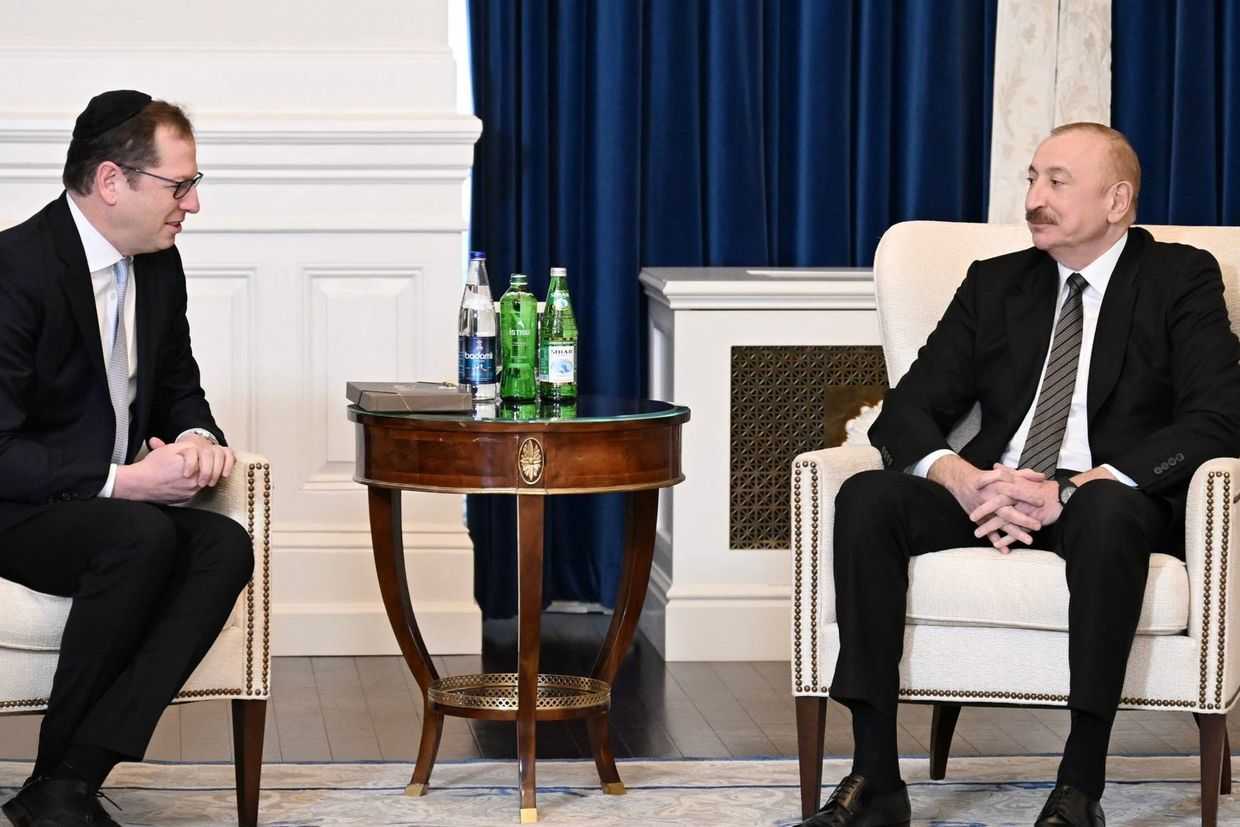
On Thursday, Slovenian Foreign Minister Tanja Fajon met with Azerbaijani President Ilham Aliyev and other officials in Baku. Fajon and her Azerbaijani counterpart Jeyhun Bayramov also presided over the opening of the Azerbaijan–Slovenia Business Forum. The previous day, Fajon was in Armenia, where she met with Prime Minister Nikol Pashinyan and other officials.
In a statement addressed to the Armenia side, Fajon said ‘your efforts to normalise relations with neighboring Azerbaijan and to regulate the situation in the region are courageous and a remarkable step forward’.
‘Slovenia supports your initiatives and efforts to regulate relations with Azerbaijan. We want both sides to sign the agreement as soon as possible and thus contribute to stability, peace and more opportunities in the South Caucasus region’, she said in a statement.
Fajon also added that Slovenia encourages Armenia’s steps toward EU integration.

In regards to the visit to Baku, Fajon highlighted the bilateral economic cooperation, particularly concerning energy, between Azerbaijan and Slovenia in an interview with the Azerbaijani pro-government media outlet Trend.Az.
She also expressed her support for a recent Memorandum of Understanding (MoU) on energy cooperation, as well as new business connections between Geoplin, Slovenia’s largest provider of natural gas, and the Azerbaijani state-run energy company SOCAR.
‘The MoU paves the way for increased collaboration in energy production, supply and innovation, which is vital not only for our two countries, but also for regional and European energy security’, Fajon said.
After the beginning of Russia’s full-scale war on Ukraine and the subsequent shift towards ending the EU’s reliance on Russian energy, the bloc has increasingly turned to Azerbaijan for its energy needs.
The war has also prompted the EU to find new transit routes between Europe and Asia, with particular focus being directed on the development of the so-called ‘middle corridor’, which runs through Azerbaijan.
‘In the context of the war in Ukraine, Azerbaijan has become particularly important for the development of the middle corridor for East-West Trade, which is set to become the fastest and most direct trade route between Asia and Europe’, Fajon said.











